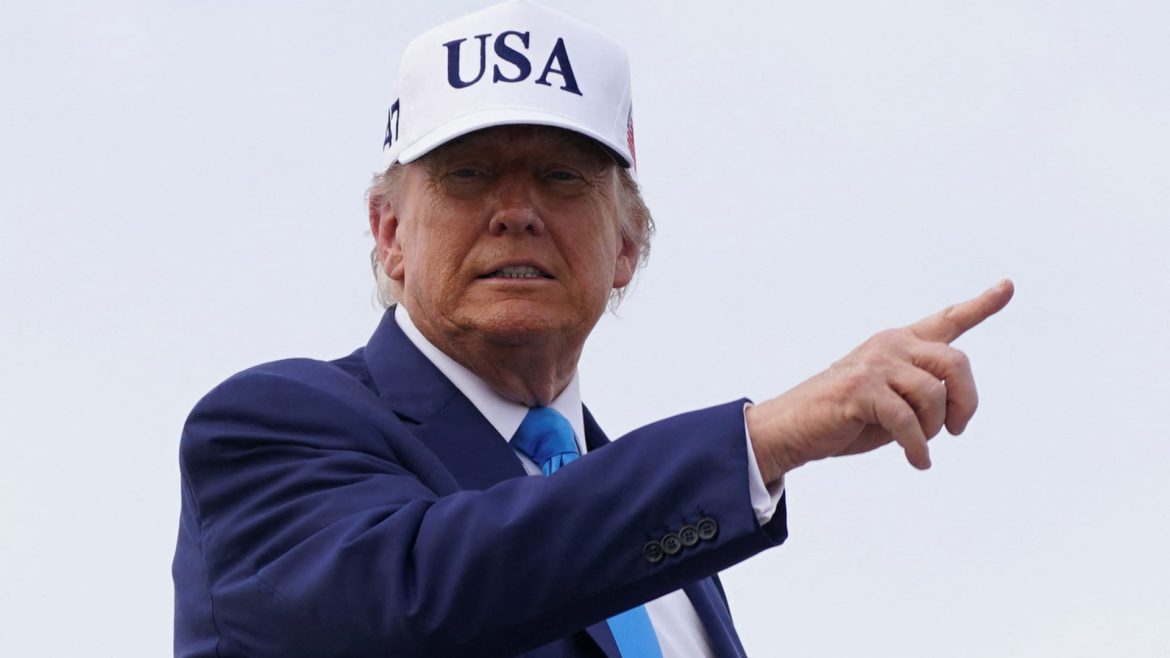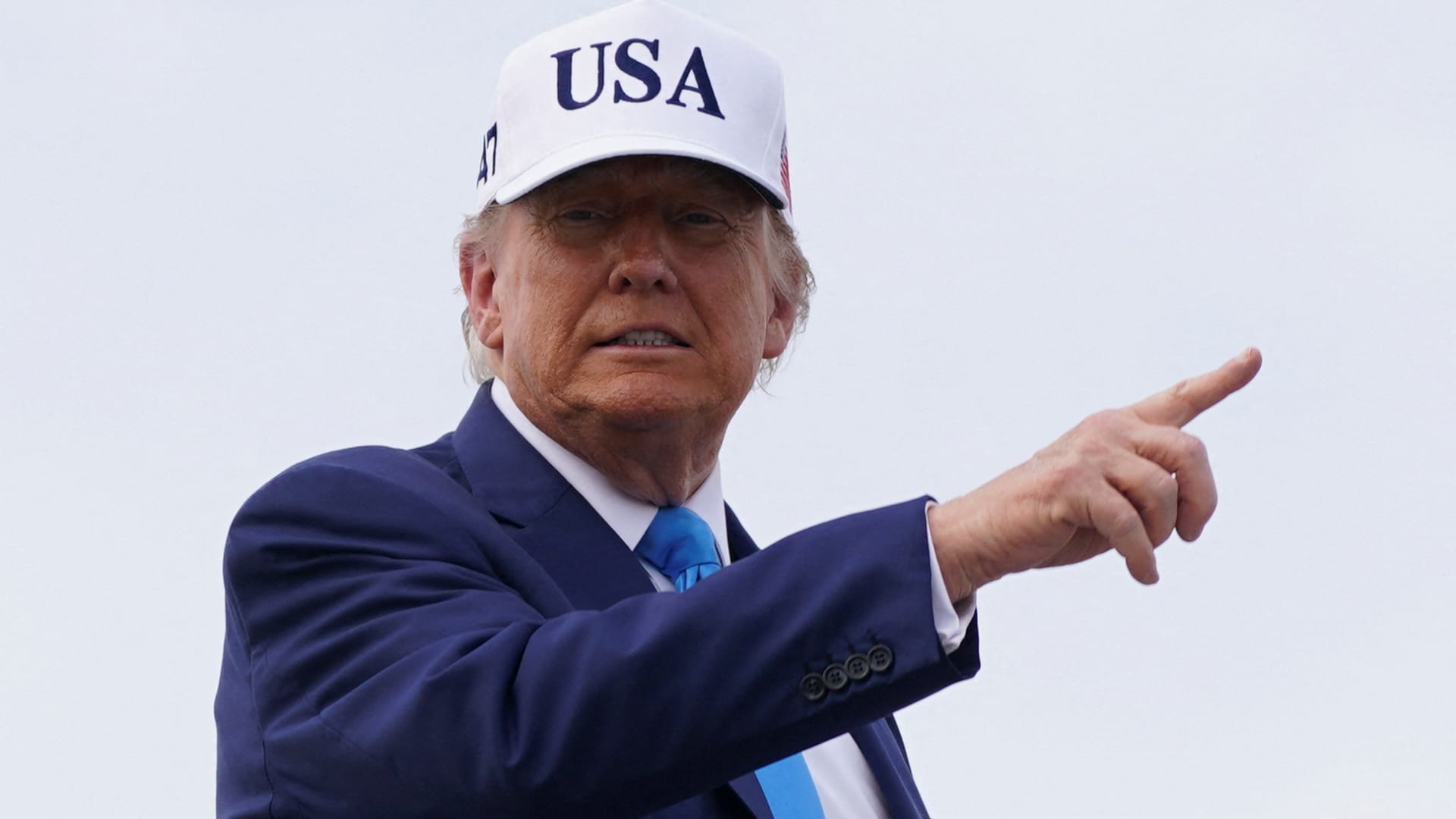The escalating rift between former U.S. President Donald Trump and billionaire entrepreneur Elon Musk has evolved from private disagreements into a highly public political confrontation, marked by Trump’s explicit warnings of “serious consequences” should Musk choose to financially support Democratic candidates. This unfolding saga not only illustrates the complex interplay between politics and influential private-sector actors but also underscores how alliances within political and business domains can rapidly deteriorate under pressure of policy disagreements and electoral interests.
Origins and Nature of the Dispute
The friction traces back to Elon Musk’s outspoken criticism of a massive Congressional spending bill that Trump had endorsed during his time in office. Musk’s condemnation labeled the legislation as a “massive, outrageous, pork-filled Congressional spending bill” unworthy of support, a sharp rebuke coming from a figure once aligned more sympathetically with elements of Trump’s agenda. This public disparagement undermined a previously cordial relationship between the two influential figures, signaling Musk’s shift away from unequivocal support for Trump-aligned policies.
Adding fuel to the fire, Musk’s contemplation or potential move to fund candidates outside the Republican Party—possibly those aligned with the Democratic Party or a third party—has provoked sharp warnings from Trump. In interviews, Trump emphasized that such actions by Musk would lead to “very serious consequences,” although he has not specified the exact nature of these repercussions. The warning underscores the gravity with which Trump views political financial support and signals an intolerance for perceived betrayals among former allies, especially in the lead-up to contentious future elections.
Political Implications and Power Dynamics
Trump’s comments reveal a broader concern about maintaining party unity and control over influential financial backers crucial to electoral success. In the context of American politics, billionaire contributors like Musk can significantly impact the viability of candidates through funding, endorsements, and influence over public discourse. Trump’s threat to Musk, a former campaign benefactor and ally, can be interpreted as an assertive attempt to preserve Republican dominance by discouraging cross-party monetary support that might dilute or threaten GOP candidates’ chances.
Furthermore, this dispute highlights a notable shift in Musk’s political posture. While historically seen as more aligned with conservative or Republican perspectives—especially during Trump’s presidency—Musk increasingly projects an independent or non-traditional stance, openly criticizing government policies and signaling openness to supporting political actors beyond the GOP. Such a posture resonates with an emerging trend among magnates and influential business leaders who prioritize issue-based pragmatism over strict party allegiance.
Legal and Practical Considerations
Despite Trump’s warnings, it is critical to note that Musk, like any private citizen or corporate leader, legally retains the right to support political candidates of his choice without explicit government sanction or punitive consequences. The U.S. political financing system allows individuals to contribute to parties or candidates across the political spectrum, although contributions are regulated in terms of amount and disclosure. Trump’s comments thus appear to be more political rhetoric and a strategic signal than enforceable action.
Musk’s potential funding of Democrats or alternately aligned candidates could introduce new dynamics into campaign finance strategies. It might encourage other wealthy individuals to rethink traditional party loyalty and focus contributions on issues or candidates who align with their evolving perspectives. This shift could either fragment political funding or, conversely, rebalance influence toward more centrist or alternative platforms outside the entrenched two-party system.
The Personal and Public Fallout
The personal relationship between Trump and Musk seems irreparably damaged, with Trump explicitly stating he has no desire to reconcile after their public feud. This breakdown has ramifications beyond individual grievances; it signals how political and business relationships can be strained by divergent visions for the country’s political future and differing responses to legislative priorities.
Publicly, this conflict adds another layer to the polarized and media-driven landscape of American politics. It attracts significant attention precisely because it involves high-profile figures with substantial influence over public opinion and political financing. Media coverage frames their discord as emblematic of broader tensions between old-guard political leadership and disruptive entrepreneurial forces seeking new approaches to social and economic policymaking.
Looking Ahead: Broader Ramifications
The Trump-Musk dispute offers a case study in how political alliances evolve and dissolve amid shifting priorities and high stakes. It spotlights the increasingly prominent role of multimillionaires and billionaires in shaping electoral outcomes, and how their support—once considered a given for a particular party—can no longer be presumed. The consequences of Musk’s choices will likely reverberate through Republican campaign strategies and potentially alter the calculus of political backing in future elections.
Moreover, this situation invites reflection on the limits of political influence and the challenges inherent in balancing personal beliefs, business interests, and party loyalties within the fractious arena of contemporary U.S. politics. As both figures navigate their public roles, their conflict may foreshadow broader realignments, prompting political observers and stakeholders to reconsider the dynamics of power, money, and ideology in the American electoral process.
—
Conclusion: A Clash of Titans Reflecting Broader Political Shifts
The public fallout between Donald Trump and Elon Musk encapsulates a potent mix of personal rupture, political strategy, and the evolving role of economic power in electoral politics. Trump’s warnings of “serious consequences” for Musk’s potential support of Democratic candidates reveal the high stakes of party loyalty and campaign financing in a deeply divided nation. At the same time, Musk’s willingness to criticize established policies and explore alternative political funding signifies a new assertiveness among business leaders unwilling to be pigeonholed by traditional partisan boundaries.
This clash serves as a vivid illustration of the ongoing transformation within American political engagement, where influence is increasingly contested by figures whose priorities straddle business innovation and political pragmatism. The outcome of this dispute will resonate beyond the individuals involved, potentially reshaping future campaign financing patterns and highlighting the complex, often fraught interplay between political allegiance and ideological independence in modern governance.





